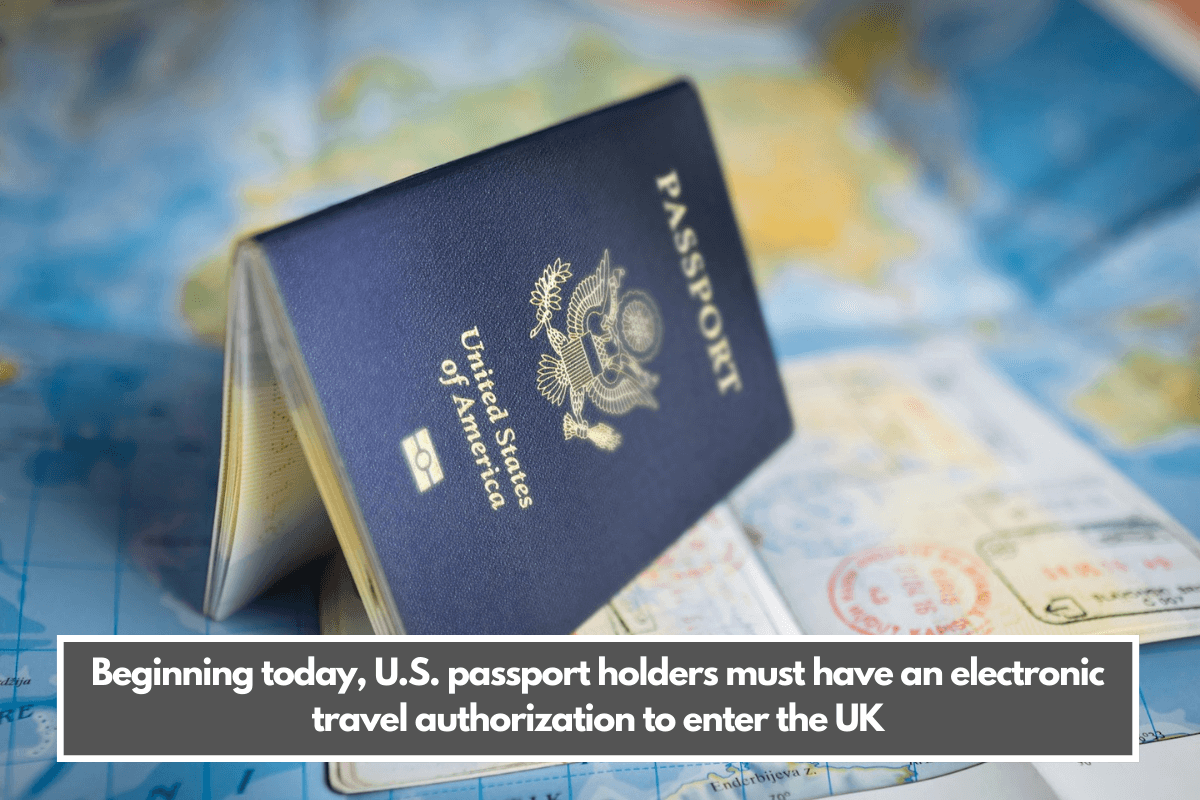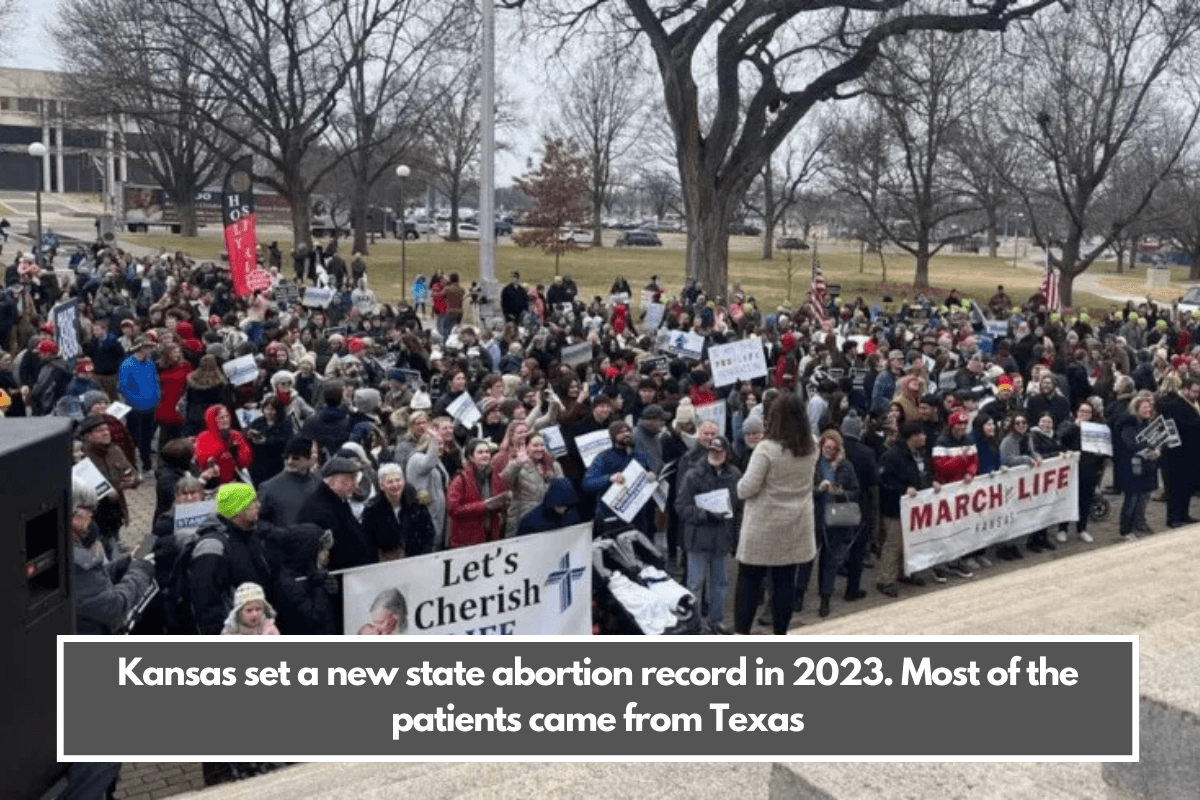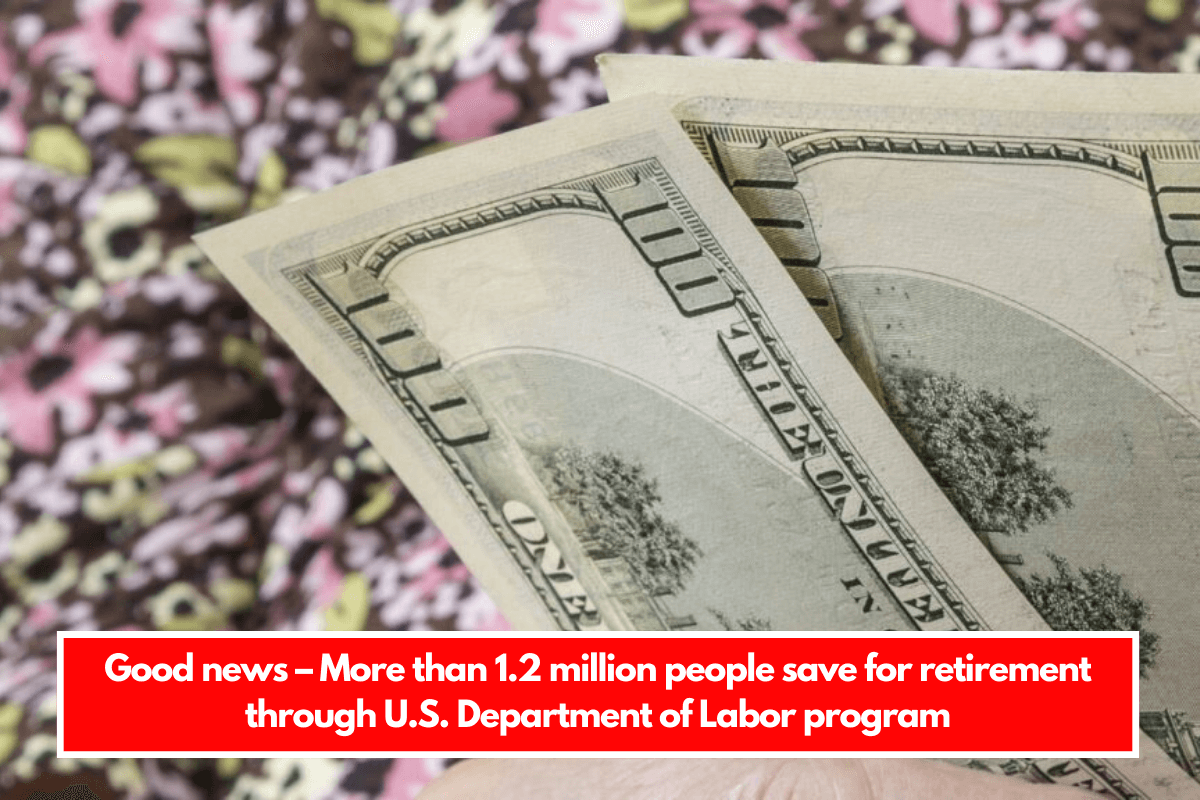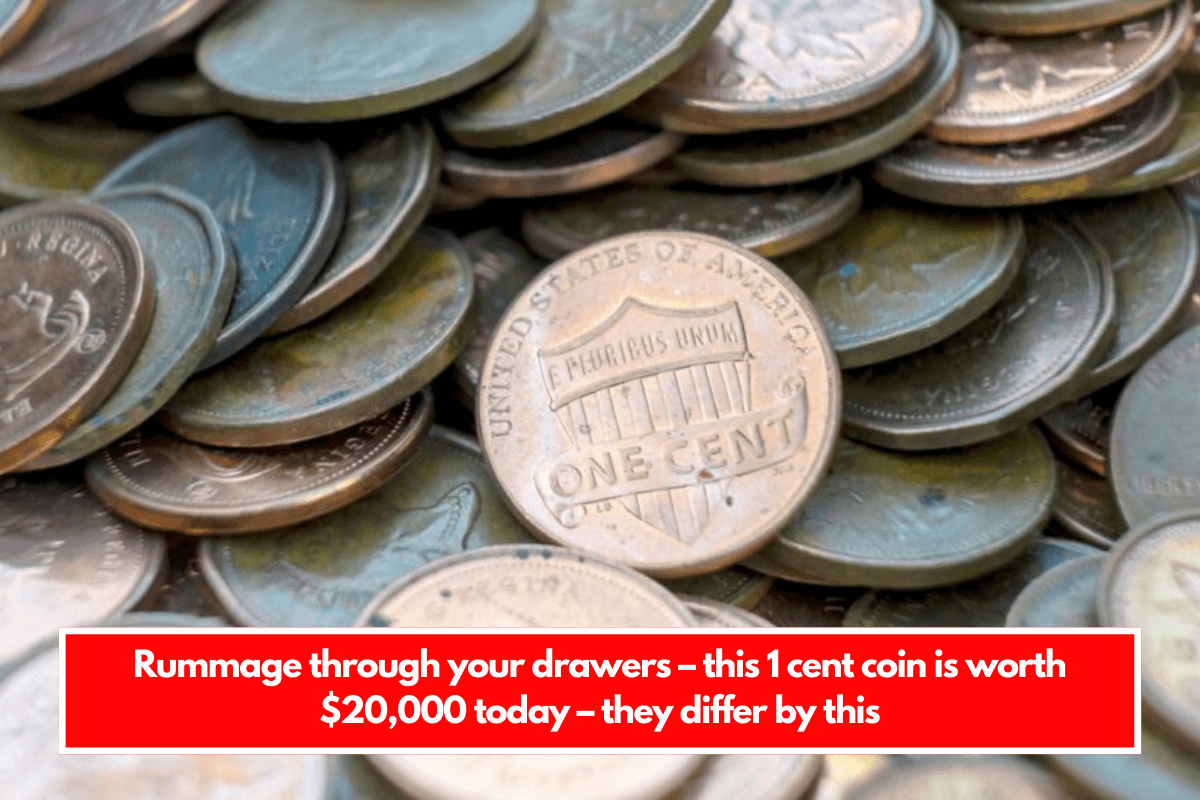Last Friday, New York Judge Juan Merchan, who presided over Donald Trump’s hush money trial, refused to overturn the indictment and the jury verdict that declared the president-elect a felon. He stated that he would sentence Trump on January 10, and on Monday, the judge denied Trump’s motion for a stay.
Along the way, he delivered a stern rebuke to our incoming president, as well as an important reminder to the rest of us that even the most powerful people in a free country cannot erase their past.
Merchan’s ruling, according to the New York Times, denies the president-elect “the opportunity to clear his record before returning to the White House.”
“To dismiss the indictment and set aside the jury verdict,” wrote Merchan, which “would not serve the concerns set forth by the Supreme Court in its handful of cases addressing presidential immunity nor would it serve the rule of law.”
Merchan has set an example of resistance on the eve of a second Trump presidency. His decision will benefit this country as we enter a period in which the occupant of the Oval Office intends to bend judges and others to his will, and in which serving him will be the standard by which government officials, journalists, and others are judged.
Trump received the message, but did not like it. He reacted angrily to the legal proceedings that led to his conviction, as well as Merchan.
“Every major legal pundit…has stated strongly that there was no case, and this was just a witch hunt,” Trump claimed to Fox Digital News.
Then, getting personal, he directed his fire at Merchan. “The judge,” Trump claimed without evidence, “is the most conflicted judge in the history of jurisprudence…” He made a case out of nothing because he wanted my political opponent to win.”
Not surprisingly, the president stated that “nobody has ever gone through what I go through—this is a disgrace.”
No, Merchan’s decision is far from disgraceful. Merchan’s words, combined with the fact that he set the sentencing date mere days before Trump’s return to power, will serve as a reminder to everyone of the disgrace that he will bring to the White House.
Before delving into Merchan’s decision, let me explain the role of history and memory in a democracy.
Jeffries Martin, writing in 2019, observed that respecting and learning from history is a unique virtue in a democratic society. “Historical work,” Martin explained, had “long served as a major intellectual bulwark for democratic republics….”
He acknowledged that such work does not in and of itself “preserve our democracy; however, when fostered in a critical and democratic spirit, they constitute an important piece of what we might call a culture of resistance and liberty.”
As fights over monuments have shown, in a democracy, we can disagree about what history means or which parts of the past should be venerated and which should not. However, no one has the authority to rewrite history or erase memories for personal or political reasons.
In authoritarian or totalitarian regimes, the powerful control history and memory. Rewriting and whitewashing history, whether of a nation or its leaders, is standard practice. Jason Stanley puts it: “Authoritarians…erase history… seeking to separate us from our own history to destroy our self-understanding and leave us unmoored, resentful, and confused.”
In a free society, history and memory are valuable assets. They remind us of who we are by bringing to mind our past actions. This applies to individual stories as well as social and political histories.
In a free country, history can speak freely. Its judgments may be generous or harsh, but they are intended to be heard. That holds true whether the judged are poor or powerful, heroic or infamous.
As a result, confronting his and America’s past is both painful and difficult for the man who will become the country’s forty-seventh president. According to Susan Glaser of the New Yorker, Trumpism is characterized by rewriting and even inverting history.
And he has allies in that effort. Glaser notes that one of House Speaker Mike Johnson’s early acts was to try “to rewrite history to suit Trump’s version of events—a project that will be crucial in determining whether Trump can overcome the stigma of a criminal conviction.”
Johnson’s House Republican majority went so far as to “declare the fact of Trump’s trial off-limits.” One instance referred to “Trump’s various criminal cases… ‘taken down’—that is, struck from the official record.”
Trump and his lawyers asked Merchan to erase his past. But this is exactly what Merchan refused to do.
On nearly every page of Merchan’s 18-page opinion, the judge expresses admiration for the past, whether it is the past documented in relevant judicial opinions or Trump’s New York criminal trial. On the third page, he reiterates the central truth about Trump’s past, which he refuses to deny.
The Defendant was found guilty on 34 felony counts by a unanimous jury of peers following trial, according to the author’s straightforward prose. Merchan believes that the significance of this “cannot possibly be overstated.”
He correctly describes respecting that verdict as a “bedrock principle in our nation’s jurisprudence.”
Merchan carefully parsed relevant precedent when evaluating Trump’s claim that the Supreme Court’s presidential immunity decision requires the verdict to be overturned. He demonstrated that in a court of law, judges cannot ignore precedents with which they disagree or erase the past.
That is why Merchan concluded that dismissing the indictment and overturning the jury verdict “would not serve the concerns set forth by the Supreme Court in its handful of cases addressing Presidential immunity, nor would it serve the Rule of Law.”
Merchan reaffirmed that “A jury heard evidence for nearly seven weeks and pronounced its verdict…” despite Trump’s efforts to erase it.
According to Merchan, Trump has disdain for the Third Branch of government and has expressed disrespect for judges, juries, grand juries, and the justice system on multiple occasions, including on Fox Digital Network.
The judge also did something else that infuriated Trump. He insisted on putting “this matter down for the imposition of sentence prior to January 20, 2025.”
To be clear, Marchan has previously stated that he does not intend to imprison the president-elect. Still, Marchan’s action means that before Trump swears again to preserve, protect, and defend the Constitution, he will discover that, under its terms, he has no authority to erase the past and avoid its judgment. Judge Merchan did us all a favor by teaching that lesson.





















